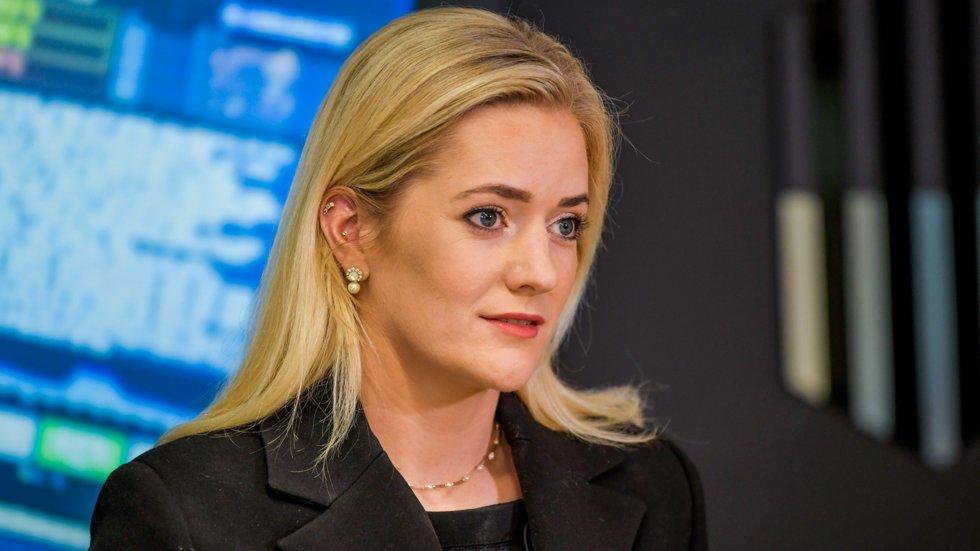Brazil is investigating the visiting researcher accused of espionage who was arrested in October, according to VG. If the Brazilian authorities want to prosecute the man for forging documents, they can ask the Norwegian authorities to extradite him.
So the case has to go to the Norwegian court first. There, the court will decide whether it is legal to extradite him.
– If the conditions of the Extradition Act are met, it is not the case that Norway has to extradite him. Ultimately, it’s a political choice, Gjermund Mathisen, who has written a doctoral thesis on extradition, tells NTB.
The accused man himself says his name is José Assis Giammaria (37) and is Brazilian, but Norwegian police believe he is a Russian citizen named Mikhail Valeriyevich Mikushin (44). This identity is linked to the Russian military intelligence service.
Difficult to convict for espionage
In a possible extradition case with Brazil, it is the Ministry of Justice that decides whether he should be extradited.
– It is very, very difficult to find examples of refusal of extradition. But there are rarely cases where the circumstances, political sensitivity and international cooperation are more challenging to handle than normal cases, so I don’t know how the ministry would have assessed that, Mathisen says.
Intelligence researcher Tom Røseth says that if so, it will be evidence from the Norwegian and Brazilian sides.
– It’s always difficult to convict people of espionage unless they’re caught in the act, Røseth tells NTB.
Extraditing the man to Brazil, where he could be convicted of document forgery, could then be a way to ensure Norway doesn’t have to conduct a very challenging espionage case in Norway.
In April, a man was extradited from the Netherlands to Brazil in a similar case. In Brazil he was sentenced to 15 years in prison for falsifying documents.
– When extradited, we avoid having a case here at home if it’s not rock solid, says Røseth.
Lawyer Marijana Lozic defends man accused of espionage. Photo: Ole Berg rests / NTB
– A possible “commercial object”
However, the man could prove of great value to Norway or our allies in an exchange with Russia. If convicted of espionage, he could be traded to Russia for Western spies or people wrongly convicted in Russia.
– It’s a possible “bargaining good”. There is therefore a political incentive to keep him here and convict him, says Røseth.
Allies, especially the United States, may therefore have a strong interest in having him tried on Norwegian soil.
– At the same time, the American authorities have good cooperation with Brazil. But a trade case is perhaps easier with Norway than with Brazil.
The e-service will hide the working methods
In a Norwegian criminal case, the Norwegian secret services may have to uncover sources and working methods. This could be another incentive to extradite him to Brazil.
– It will be exciting to see, says Røseth.
Legally, there is nothing to prevent his conviction in either Norway or Brazil.
– If Norway wants to prosecute him, the extradition can be postponed until the Norwegian authorities have finished the trial and the possible execution of the sentence, says Mathisen.
The man’s defender, Marijana Lozic, did not respond to NTB’s inquiry into the case.


